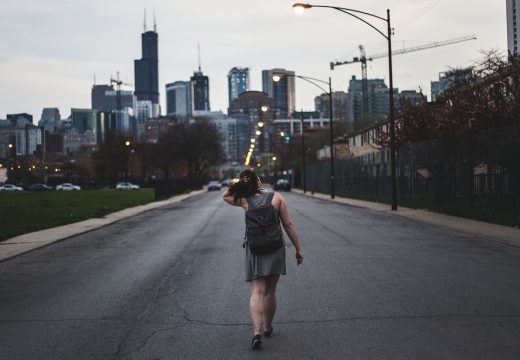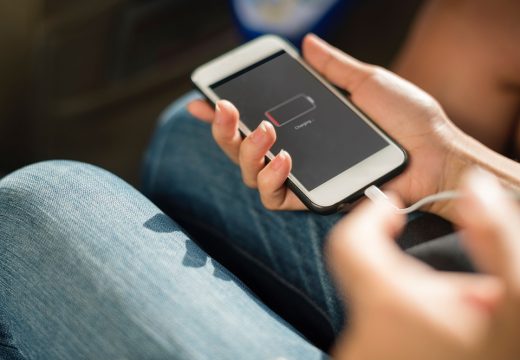In my previous blog post I wrote about why we, as students, need to care about climate change and make efforts to go green. But what does this mean in practice? During first year, we university students often find ourselves in dorms where we have less control over how much energy we use, and it’s hard to know how to make a difference. If that sounds like something you are struggling with, then this handy list is for you.
-
What you eat
You might be having meals in the uni canteen or hall, but that doesn’t mean you can’t make smart choices. Rearing meat is one of the most energy intensive processes on the planet, with a whopping 13.3 kg of carbon dioxide released per kilogram of beef. Compare this to 3.0 kg for a kilo of apples. Now, if you don’t fancy replacing that juicy steak with a fruit salad, there are still more sustainable options such as chicken (3.5 kg) or pork (3.2 kg).


-
How you travel
Most students can’t afford to buy a car for themselves (and usually it isn’t practical), however, many of them do opt for taking the bus. Public transportation is certainly a massive improvement compared to single-occupant vehicles, however, if you can comfortably walk to campus, do! You might claim that the bus will run regardless of whether you take it or not, but it’s all a question of demand: if fewer students use the bus, the company might take one of their vehicles out of the timetable, which will ultimately reduce carbon emissions. Another important consideration is air travel. If you are commuting from, say, St. Andrews to London every weekend perhaps think about taking a train instead of a plane. Per person this round trip is equivalent to 202.6 kg of CO2 by plane, whilst taking a train comes in at just under 70 kg. Of course, if you’re keen on the prospect of running 30 marathons at once, you could also go by foot…


-
Energy use
You have least control over this one in halls, but that doesn’t mean you should sit back in a 28°c heated room and rack up the emissions. A very easy way to lower your energy use is unplugging devices once they are fully charged, not only will your battery thank you, but you’ll stop the superfluous use of electricity. When showering, try not having a boiling hot one, and don’t stay under the water until your fingers look like prunes. There are always creative ways of lowering your energy use, and if you’re really keen you can talk to your accommodation manager about switching to greener energy sources, or perhaps turning off some of the hallway lights in the evening.


The suggestions above are exactly that, suggestions. There are a plethora of ways you can become more sustainable if you’re willing to get creative and make the effort – so get to it!
Sophie Z. is an undergraduate studying Environmental Chemistry at the University of Edinburgh and tutoring Chemistry. She is hoping to do her postgraduate work in Marine Chemistry.




